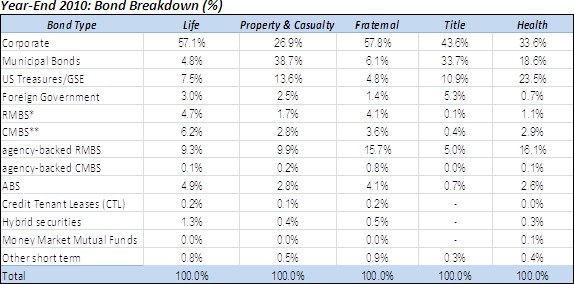How to invest in corporate bonds
Post on: 8 Июль, 2015 No Comment

Get social
Article utilities
Investors who like the income generated from share dividends may well be attracted to the higher predictability of corporate bonds in these uncertain times.
As well as regular interest or coupon payments, nominal or generic bonds return your original capital on a predetermined date.
For investors who have put money into the stockmarket only to see the capital value of their investment drop 5 per cent a week later, bonds offer a tantalising alternative.
More certainty, less volatility
While there are no guarantees that fixed-income investments will deliver, bonds generally offer more certainty and less volatility than shares provided the issuer of the bond doesnt default on the repayment of what is essentially a loan from investors.
In return for the lower volatility, the trade-off is that returns from bonds may not be as high as over the longer term.
But the five years to the end of 2011 have been exceptional in many ways, and fixed income has outshone shares during that period.
Altius Asset Management senior portfolio manager Chris Dickman calculates the five-year cumulative return from the UBS All Composite Bond index (which includes government and non-government bonds) at 42.1 per cent at December 12.
The S&P/ASX200 Accumulation index, a popular measure of Australian shares, lost 4.07 per cent during the same five-year period.
A new attitude
The superior bond returns has led many people to reassess their attitude to other assets that put their capital at a higher risk of loss than others.
A global survey by investment consultants Towers Watson found that when it came to their retirement savings, Australians took the riskiest approach to investing, allocating about 14 per cent to fixed interest. The next lowest in the survey was US investors, with almost twice that amount at 27 per cent.
The fact there isnt easy direct access to the bond market may be one reason Australians tend to focus their fixed-interest exposure on cash and term deposits but there are potentially higher yielding alternatives.
Two tasty flavours
Two types of bonds that have a growing appeal in the current economic environment are unlisted corporate bonds and inflation-inked bonds .
An unlisted corporate bond is effectively a loan to a corporation in return for a regular interest payment. The bonds are not tradeable on the sharemarket and investors deal directly with the issuer.
Compared with most government bonds, many corporate bonds offer a higher yield.
But with a minimum investment of $500,000, most unlisted corporate bonds will be out of reach of individual investors.
Hello bond funds!
For most, access to corporate bonds will be through a pooled investment or managed fund. most likely in the form of a diversified fund which will have a portion of their funds invested in the corporate sector.
According to fund research company Morningstar, there are about 87 diversified bond funds. Some offer direct access for minimum investments of $2000, but many require $10,000 and most are only available as part of an investment platform bought via a financial adviser.
Another alternative is to use a fixed interest broker such as FIIG Securities, which offers a range of corporate bond issues for a minimum $50,000.
Some corporate issues may be divisible, which gives retail investors slightly easier access.
Fast and cheap
iPac Securities chief investment officer Jeff Rogers says the benefit of a managed fund is the instant diversification for as little as $1000.
Most fund managers invest in a range of names, including global companies. Some will mix that up with a range of investment grades, he says.
As well as different names, there will be different maturity dates, which can also help smooth the returns.
Rogers says it is important for investors in managed funds to remember they are buying units in a fund that will rise and fall according to the returns being generated by the fund.
Australian Unity Investments managing director David Bryant says that when it comes to investing in corporate bonds, the most fundamental question is: Who is going to give me my money back?
He says that in the same way investors pick shares based on their understanding and health of a company, the same applies to a corporate bond.
Most of the big household names have issued bonds in recent years.
What happens if it goes pear shaped?
The added complexity with unlisted corporate bonds is that in the event of a default, some investors will get paid before others in other words the debt is subordinated.
Tyndall Asset Managements head of credit, John Sorrell, says it is important to look at the issuance: how the return compares with, say, putting your money in a bank account, and where you sit in the order of debtors in the event of a corporate collapse.
The higher the risk associated with the bond, the higher the return should be. Corporate bonds will carry a credit rating issued by ratings agencies.














